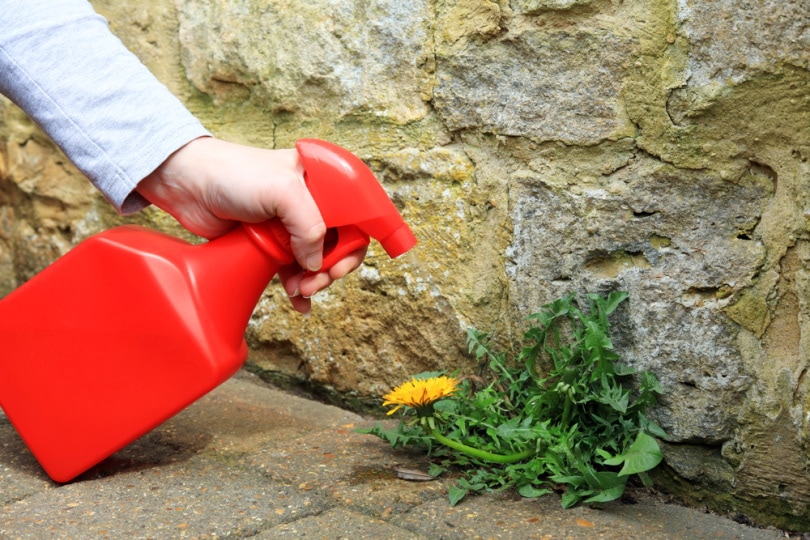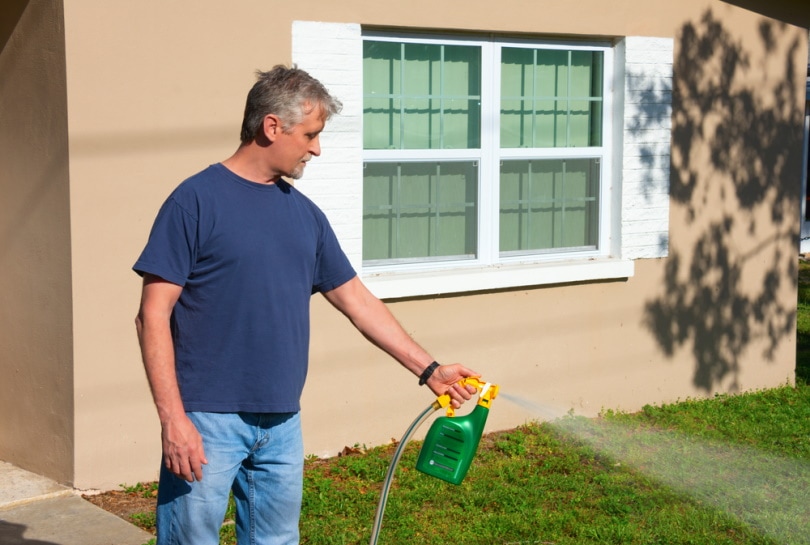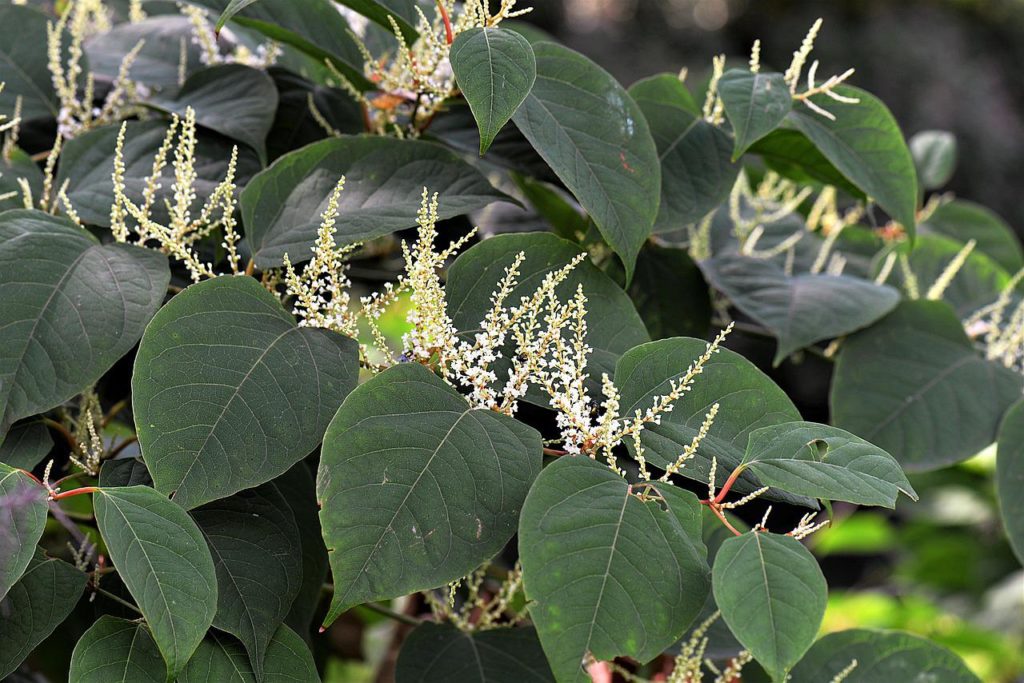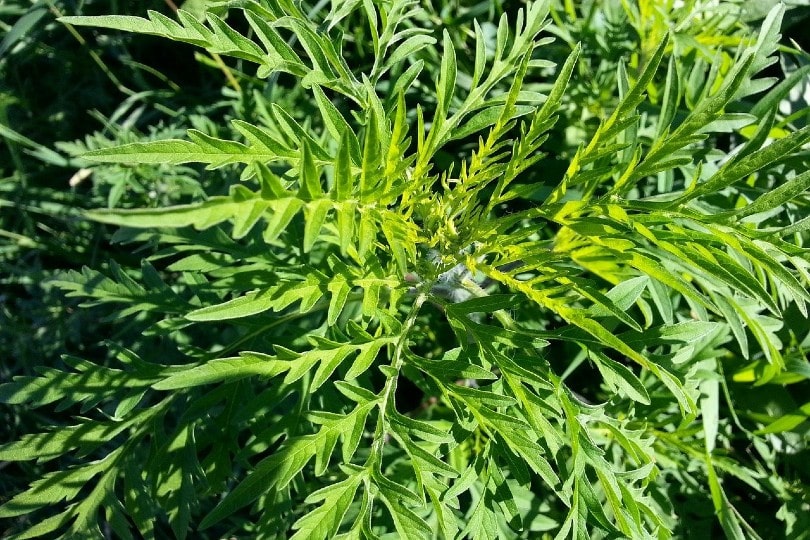Does Fertilizer Kill Weeds? Facts & FAQs
-
Ed Malaker
- Last updated:

Gardening can be great fun and extremely rewarding. However, it can also be a large amount of work. Planting, weeding, watering, fertilizing, tilling, etc. can take more time than many people have, so people often look for shortcuts. For example, fertilizer can kill weeds, which can help eliminate much of the time that you must spend in the garden, but there are also risks involved, so keep reading as we look at the pros and cons of this helpful option.
 How Does Fertilizer Prevent Weeds?
How Does Fertilizer Prevent Weeds?
Improves Soil
Adding fertilizer to your lawn can help prevent weeds by changing the nitrogen content in the soil. Many plants that people want to eliminate, like dandelions and crabgrass, prefer soil with less nitrogen. In contrast, grass prefers soil with plenty of nitrogen, so adding it can create an environment unsuitable for weed growth.

Encourages Grass Growth
Adding nitrogen to your lawn will encourage grass to grow. The blades will be wider, and the grass will grow taller faster, which will help prevent other plants like dandelions from getting a foothold. Grass growing in an area without fertilization will be thinner and sparse in comparison, as there’s usually less nitrogen in the soil.
Promotes Earlier Growth
Fertilizer helps grass grow faster because it has the nutrients that it needs. Many nutrients also remain in the soil, and once winter passes, it will help the grass get going again in early spring. This faster grass growth can go a long way toward preventing weed growth.

The Problem With Using Fertilizer
While some plants prefer a soil low in nitrogen, not all do, and the fertilizer that you apply to your lawn can also increase the rate at which those weeds grow, causing more work for you. These weeds can also rob other plants of the nutrients that they need.
What About Products That Combine Fertilizer and Weed Control?
Several brands of fertilizer add in a weed preventer to help you maintain your lawn. They typically contain a broad-leaf weed killer in the pre-emergent, which helps stop the seeds from sprouting. It’s more expensive than ordinary fertilizer, but it’s much more effective at reducing weeds, especially when you use it early in the season, except when planting fresh grass — the pre-emergent can also stop the grass seeds from sprouting.

When Should I Use a Fertilizer to Prevent Weeds?
If your primary problem is dandelions or crabgrass, you should use fertilizer to prevent weeds, especially if thin sparse grass accompanies them. Regular fertilizing will also promote healthier grass growth, which can help push out many weeds and prevent their growth.
When Should I Use a Fertilizer-and-Weed-Killer Combo to Prevent Weeds?
If you try a fertilizer and it doesn’t clear out the weeds as you hoped, it may be necessary to use a fertilizer that combines ingredients to prevent weed growth. This product will fertilize your lawn while preventing weed seeds from germinating after they land in your yard. It also contains ingredients that will kill many broad-leafed plants that are already growing.
Summary
Fertilizer can help you control the weeds in your lawn by creating an environment with too much nitrogen for plants like dandelions and crabgrass to grow successfully. The fertilizer also promotes a thicker, faster-growing grass that can crowd out the weeds. However, it can also help some types grow faster, and it won’t be 100% successful. An ideal product combines fertilizer with a weed killer for a weed-free yard.
Featured Image Credit: Dean Clarke, Shutterstock
Contents
 How Does Fertilizer Prevent Weeds?
How Does Fertilizer Prevent Weeds?